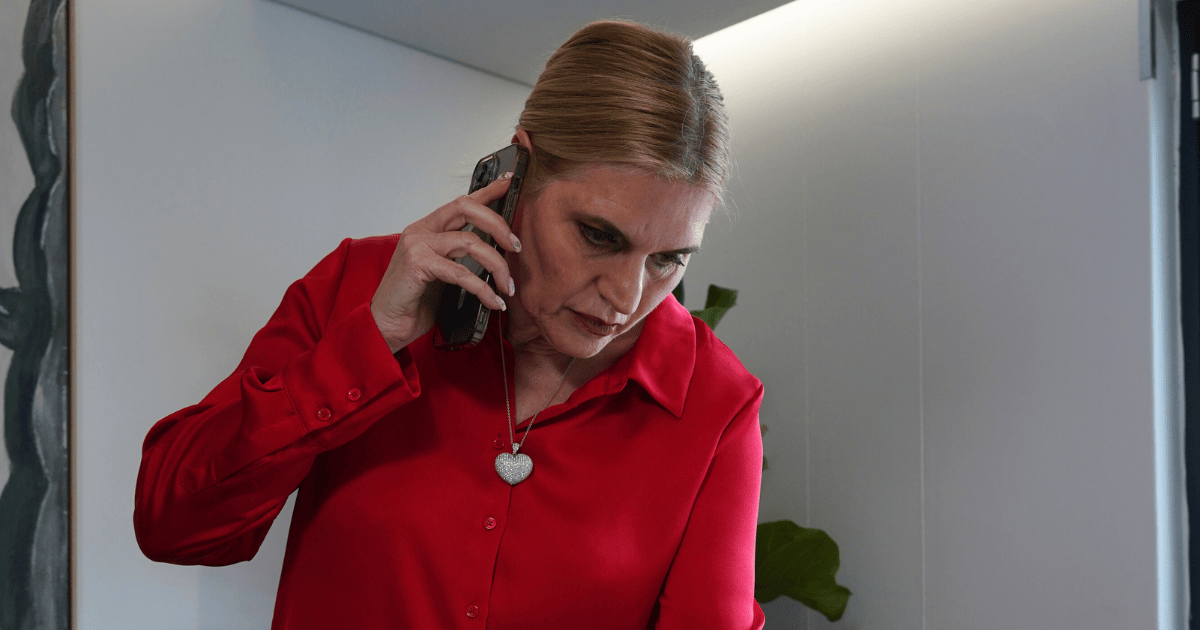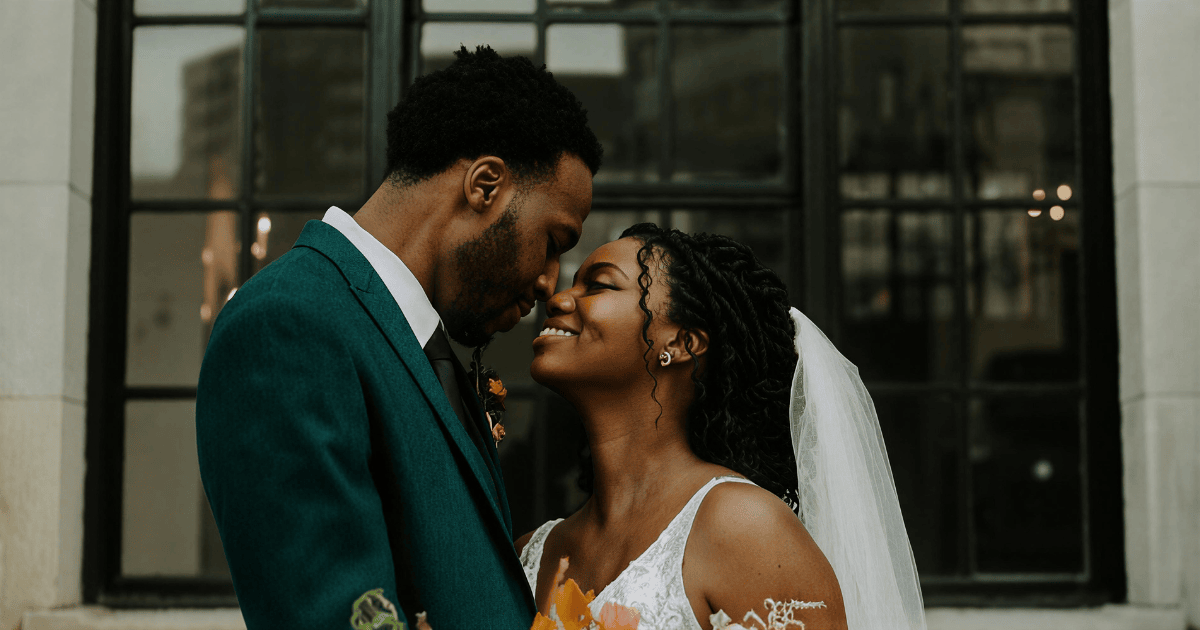There are two models of legal representation of children that are being used in South Africa, namely, client directed legal representation and best interests legal representation.
Client Directed Legal Representation :
This model of representation of children allows the child to direct the litigation.
- This model is suitable for children who are of sufficient age and maturity to be able to express a view and give instructions.
- This model allows for a lawyer-client relationship between the representative and the child, and allows children to participate in the proceedings directly if they want to and are able to do so.
- The standard lawyer-client relationship applies, this relationship allows for negotiation and discussion between the client and the representative;
- If the client directed model is followed the parent’s involvement must be limited. It must be explained to the parent that the legal representative will be acting on behalf of the child and not the parent.
Best Interests Legal Representation :
This model ensures that the child’s interests are paramount in the representation, and the child does not give instructions.
- This model is suitable for children who are either too young or immature to give instructions, though they may still be able to express views and wishes which must be elicited and taken into account by the best interests lawyer, unless they are unable to speak.
- Independent legal representation for the child is achieved by avoiding aligning with another party’s position or appearing to advance another party’s position.
- If the best interests model is followed the legal representative will have more contact with parents and other role players.
- Recommendations to be based on legal considerations and examination of factual and expert evidence. The best interest legal representative should refrain from making intuitive assumptions and decisions.
When Children May Require Legal Representation :
It is not always necessary for a child to be legally represented in civil proceedings. Examples of the kind of situations where it is advisable for the child to be legally represented are as follows:
- Where a child of sufficient age and maturity and the child is strongly expressing a view and a desire to participate;
- Where there are allegations of physical, sexual or psychological abuse;
- Where there is conflict between the parents;
- Where there are issues which relate to cultural or religious differences which are affecting the child;
- Where there are issues relating to the sexual orientation of either or both of the parents;
- Where there are issues of significant physical or mental health problems in relation to either party or a child;
- Where a child of mature years is expressing strong views, and giving effect to those views which would mean changing a long-standing care arrangement or denying a parent (or other significant person) contact completely;
- Where one of the parents proposes removing the child permanently from the court’s jurisdiction;
- Where there is a dispute between the wishes of the child and the recommendations of the Family Advocate or an expert;
- Where the child is the subject of a maintenance dispute and can testify about disputed facts;
It is important to understand that the selection of the model of legal representation whether it be client directed legal representation or best interests legal representation, relates to the capacity of the child to give instructions, not the type of case.
Benita Ardenbaum Attorneys specialise in family law matters. Should you require any assistance or further information regarding legal representation of a child, contact us today.
For direct answers to your specific personal questions, please contact us directly.
Read more about our child law services.
Author – Kate Bailey – Hill





